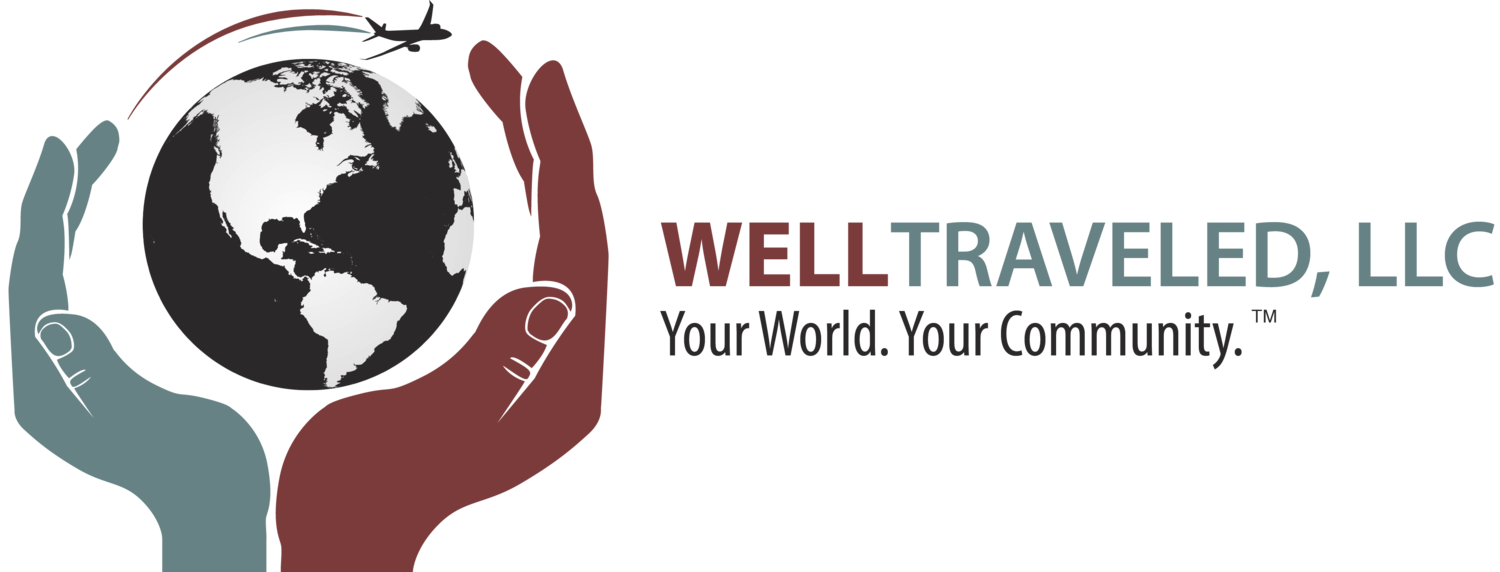Recently, I attended an educational conference where I listened to middle and high school students present an innovative research project. The audience included teachers, principals and superintendents who were not only impressed by the students’ work, but also by the fact that it was all student-led. The project focused on citrus greening – something that most of us in the room had never heard of before. One student mentioned that they spent hours in the lab conducting research. But this wasn’t the typical science lab that you find in most schools. In fact, their lab wasn’t in their school at all. Their lab was the orange groves of Central Florida.
The principal spoke about the school’s initiative to sponsor more project-based learning opportunities for its students. These projects allow students to apply what they learn in the classroom to the real world. As a result, he believes that students are more likely to become analytical thinkers - a highly valuable skill in today’s society. At the same time, these opportunities challenge teachers to be more creative in their lesson planning, and prevent them from relying on the textbook. The principal then went on to define this idea as authentic learning.
So why am I telling you all of this?
As I sat in the room in awe, I reflected on my own educational experiences. My most memorable moments were the ones where my teachers and professors utilized some form of authentic learning to enhance the classroom experience.
7th Grade Social Studies Teacher: “Take out your textbook and turn to Chapter 4.”
My class moaned in unison, as we dreaded when our teacher made us read the textbook together. It was boring. He would keep us alert by randomly calling on a student to read a section when we least expected it. It was in my best interest to read along when it wasn't my turn – just in case! Afterwards, we answered the chapter review questions.
7th Grade Social Studies Teacher: “Charles, read the next paragraph.”
Me: “Where are we, again?”
7th Grade Social Studies Teacher: “Page 97 paragraph 4, Charles. Please pay attention.”
I know what you are thinking: “What a slacker!”. But I was actually an honor roll student. Simply reading a textbook, however, just didn't cut it for me. Sometimes, the only things that captured my attention were the pictures and captions on the pages. I often tried to imagine what it would be like to experience what we were reading about firsthand.
Believe it or not, I enjoyed my 7th grade social studies class. What I failed to mention was that on several occasions, my teacher made our classroom learning relevant through field trips and small projects. While learning about Native Americans, we visited the American Museum of Natural History. We were then required to do a short reflection on the experience, and apply it to what we had learned in class. After learning about Ellis Island, we went on a tour of the island and discussed how our observations compared to our classroom readings. As we passed by the Statue of Liberty on our ferry ride, I remembered reading about the influx of diverse groups who sailed across the Atlantic Ocean in search of a better life. The Statue of Liberty was their beacon of hope as they made their way to their final destination.
While in college, I participated in the Semester at Sea program. For three months, I traveled the world by ship, visiting 12 countries and over 30 cities. At sea, we studied in classrooms, and on land our classrooms became the countries we visited.
We learned about the palm oil industry in my international business class. While in Malaysia, one of the world’s largest producers of palm oil, we toured an oil plant. We then had a roundtable discussion with the plant’s management team. Here, we gained a better understanding of running a company, and how the business culture in Malaysia differs from business culture in the U.S. In a semester-long group project, our professor urged us to take advantage of our visit to expand our knowledge of globalization. In my psychology class, we gained awareness of how our own culture shapes our experiences, and views of others. While in Ghana, we visited the town of Winneba and engaged with local community leaders and college students. We had conversations about the uniqueness of our cultural similarities and differences.
Engaging in projects outside the classroom, enhanced my learning experiences and encouraged me to think abstractly. It is important to go outside the textbook and even the classroom, to give students practical experiences. This allows them to apply what they are learning to real life, and is what authentic learning is all about!
Educators and Parents – think of ways that you can incorporate authentic learning in your classrooms and households. How can you increase cultural awareness? What can you do locally when traveling outside of the country isn’t feasible? We would love to hear the ideas that you come up with!
Students – think of projects that you can take on, in which you can apply the skills and concepts that you learned in class. Make sure you share them with your family, friends and teachers!
Stay Educated. Stay Empowered. Stay WellTraveled.


